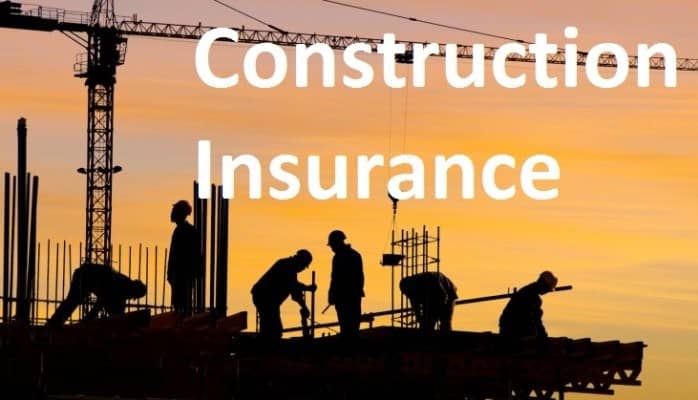
Building a successful construction company requires a lot of time and work. It should come as no surprise that business owners in the construction industry seek security to prevent bankruptcy in the event of an accident.
Construction firms can purchase commercial insurance to cover their risks up to the maximum amounts they believe will appropriately safeguard their operations.
Compliance with a project owner’s or general contractor’s standards is frequently necessary for construction work. The majority of the time, construction businesses must present an insurance certificate before beginning work or receiving payment for a project.
Due to this, having quality insurance is essential in the majority of construction trades. If you gain insurance through the best construction insurance in the United States, your construction company, its employees, and your jobs will all be heavily protected.
Additionally, to keep their trade licenses, specialized construction enterprises must have certain insurance coverage. Furthermore, specific insurance policies are frequently necessary for the construction industry.
Workers’ compensation insurance is one type of coverage that is always absolutely necessary in the construction sector. If the construction business employs people and is not a sole proprietorship, this is necessary.
Auto insurance is another type of mandatory coverage that you need if your employer provides business automobiles, and other types of more niche construction insurance may be needed in some cases.
3 Types of Construction Insurance Your Company Should Consider
If you want to have the most essential types of construction insurance, there are four that simply cannot be missed out on. These four are non-negotiable for companies that want to blow away the competition:
1. General Liability Insurance
Construction general liability insurance protects you against personal harm and property loss that your operations may end up causing to third parties.
Many construction liability insurance policies extend their coverage beyond claims for property damage or physical harm that arise during construction.
Most of them also include plans that cover responsibility for both ongoing and completed projects that your company is working on.
2. Workers’ Compensation Insurance
If you have any employees, you may be obliged by law to get workers’ compensation insurance for your construction operation. This helpful type of insurance covers expenses linked to worker injuries sustained while they were employed by your business.
These expenses could include hospital bills, lost pay, and other financial losses brought on by an occupational injury. Even if the law does not require you to have workers’ comp insurance, you owe it to your loyal employees to invest in this type of plan.
3. Contractor’s Equipment Insurance
Tools are transported between jobs by contractors on construction sites every single day. These might include anything from modest hand tools to big machines.
Sadly, it happens frequently that this equipment is stolen or damaged. Your equipment will be covered when you travel to various job sites if you have a contractor’s equipment policy.
For items you haven’t yet placed on a project, some policies even offer installation coverage. If you want to attract the best local construction talent to your company, having this type of insurance plan is an absolute must.
2 Common Exclusions You Should Avoid When Purchasing Construction Insurance
Unfortunately, some construction insurance companies do not provide every coverage option that most construction operations require. There are two common exclusions you should watch out for, and avoid, when purchasing construction insurance, in particular:
1. Premises Limitations
Since this exclusion limits coverage to only the areas specified on the limitation page, this restriction on construction general liability plans can be extremely risky (especially for companies who work across state lines).
Some general contractor policies have this restriction, where the insurance providers want you to list every project you are currently working on.
This implies that any claim will not be paid if you complete a modest project and forget to contact your insurance broker. For this reason, we advise avoiding this restriction wherever possible.
2. Operations Limitations
Another restriction on work you can undertake that we see in building policies is that it must only be for the kinds of work that are stated on the restrictions page.
For instance, anything you do other than plumbing will not be protected if “plumbing contractor” is specified as the covered trade on this endorsement.
A list of the types of work the insurance company does not cover is another popular form of this endorsement. For instance, these constraints nearly typically include roofing work as a disallowed activity.
Many insurance providers do this to shield themselves from liability for contractors who misrepresent the scope of their work. We believe that many contractors are being exposed needlessly to this.